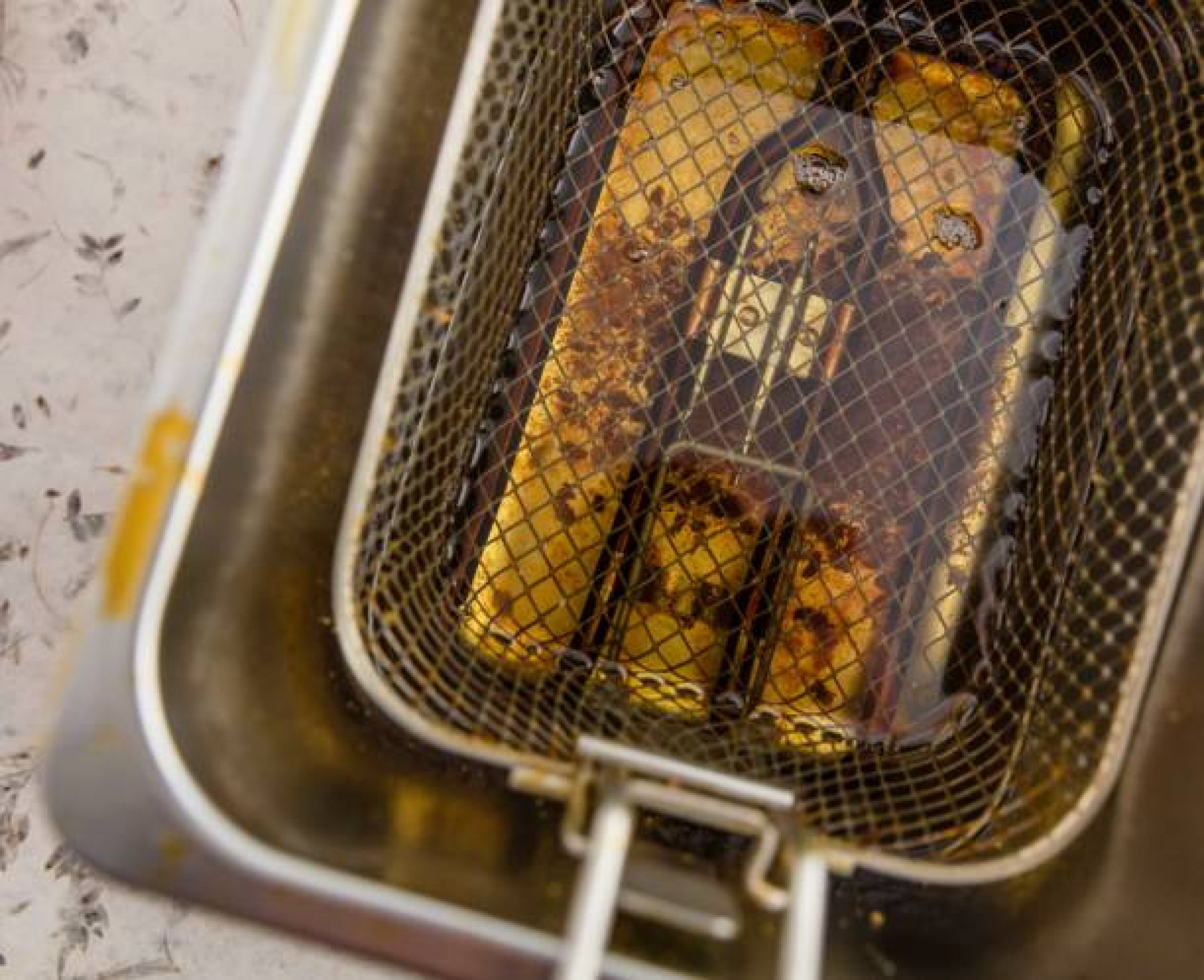Authored by Susan Cheah
Published at 20 May, 2021
Malaysian Household’s Awareness Towards Used Cooking Oil
Our increase in the human population and our diet changes which employ more frying methods in our food preparations result in the generation of huge amounts of used cooking oil worldwide. The management of these huge amounts of used cooking oil has increasingly become a serious problem in both developing and developed countries.

Used cooking oil has recently been reckoned among the liquid wastes which are generated daily from many different sources, ranging from households, restaurants, food service operation or industrial kitchens. Due to the heat that is usually applied in frying processes, the chemical and physical properties of the cooking oil changes from their original form.
Used cooking oil which is expected to be treated and managed in ways that would not be detrimental to our environment and human health. However, the oil instead is being disposed of by consumers via sinks, drainage system waste bins, or worse, directly onto the surface of the earth.
According to a report, a greater quantity of used cooking oil generated all over the world is being released into the environment. While another report also covers that around 50,000 tons of waste cooking oil generated from vegetable oils and/or animal fats are disposed of to the environment without proper treatment every year in Malaysia. Terrific outcomes like water and sewer system blockages and overflow, soil contamination, and aquatic life distraction are certain to happen if the trend were to continue. This consequently also leads to undesirable financial impacts like increased water treatment and waste management costs.
Discharge of used cooking oil into the water can alter the oxygenation process that can destroy aquatic lives in the marine environment with the forming of a layer that covers water surfaces that prevents oxygen dissolution.
Not on the that, the byproducts of oil degradation mixed with water also increases the chemical oxygen demand (COD) of the water and resulting in the contaminated water to be toxic. Aquatic lives absorbing the poisonous compounds from the polluted water could eventually return it toxic to human lives through our food chain.
Used cooking oil poured into the drainage system results in a range of operation and maintenance problems to the system, as small scale as the local neighborhood, to large scale municipal level. The effect begins when the used cooking oil solidifies and accumulates inside the drainage system, resulting in clogs that prevent water from flowing freely to the wastewater treatment plant or the sewage chamber. Once it’s blocked, it also causes sewer backups and overflows into the surrounding environment, in turn causing potential environmental health hazards and prohibitive cost for decontamination and cleanup effort.

There is also a range of health implications of waste cooking oil reuse, continued heating, and consumption of used cooking oil were known professionally to be very detrimental to our health. By continuing the reuse of used cooking oil for food preparation, one increases the risk of cardiovascular diseases, liver problems, and cancer. This is due to the concentration of the hydrocarbons when cooking oil is being subjected to persistent and repeated heating.
Waste cooking oil management aims at preventing the frightful environmental and health effects as discussed above. It covers the legal and practical measures to guides that used cooking oil is handled in ways that have not in one way or the other affect us as humankind and our surrounding environment.
Waste cooking oil collection and recycling program is one of the focus that aims to mitigate the issues. In fact, these programs are already commonly practiced in developed countries or regions like Taiwan & Japan. These programs mainly involve in the collection and recycling of used cooking oil, giving them a second life by using it for input in the production of some valuable products like soaps, thermal cracking, and the production of biodiesel; a fuel that can be used as a substitute to petrol-diesel.
Countries like China, Thailand, and Singapore are also invested in used cooking oil collection and recycling for biodiesel. Malaysia, as the world’s second-largest producer and first exporter of palm oil, generates around half a million tonnes of waste cooking oil annually. This volume indicates the potential for our nation to sustain our established used cooking oil collection and recycling centers in our country.
The average monthly consumption of cooking oil in Malaysia was 4.68kg, where 86% of the population consumes 1-5kg each month. The increased quantity of cooking oil consumption fortunately also increases the accumulation of the waste generated from cooking oil. The rate of generation of waste cooking oil is about 50% of cooking oil used.
A study previously found that household’s engagement in recycling waste cooking oil to biodiesel is positively related to their awareness level and attitudes. The findings revealed the necessity for a rigorous public awareness campaign in order to encourage households to properly manage their waste cooking oil through recycling for biodiesel production.

These awareness campaigns can attempt to emphasize the direct and indirect consequence of improper disposal and over reuse of used cooking oil in food preparation. To ensure the successful implementation of waste cooking oil recycling, our government can also widen the program not only to cover industries, restaurants, hotels, but also every single household and individual person in Malaysia.
If you are running a commercial kitchen or in the foodservice industry, you can be a part of this good simply by recycling your used cooking oil with us. Capital Oil offers a quick, clean, and timely collection of Used Cooking Oil (UCO). Collection schedules are established in advance with customers to ensure there are no overflows of UCO and are generally scheduled on a weekly service cycle. We can also customize a collection interval to suit your specific needs.
